How 1997 changed the UK: from Diana and Blair, to Eurovision and BSE
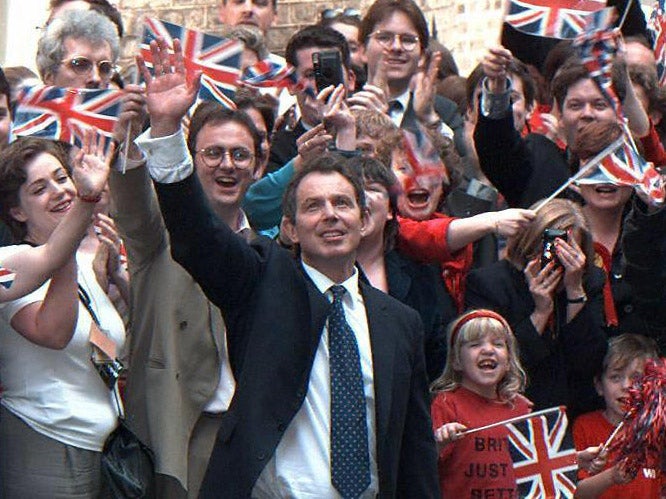
Your support helps us to tell the story
From reproductive rights to climate change to Big Tech, The Independent is on the ground when the story is developing. Whether it's investigating the financials of Elon Musk's pro-Trump PAC or producing our latest documentary, 'The A Word', which shines a light on the American women fighting for reproductive rights, we know how important it is to parse out the facts from the messaging.
At such a critical moment in US history, we need reporters on the ground. Your donation allows us to keep sending journalists to speak to both sides of the story.
The Independent is trusted by Americans across the entire political spectrum. And unlike many other quality news outlets, we choose not to lock Americans out of our reporting and analysis with paywalls. We believe quality journalism should be available to everyone, paid for by those who can afford it.
Your support makes all the difference.Most people will remember where they were when they found out Princess Diana had died. Most people will also remember the week which followed and the collective grief Britain found itself submerged in.
It was as if someone had turned on the waterworks for the entire nation. Thousands lined the funeral route, complete strangers embraced one another and vented about the Queen not leaving Balmoral for London fast enough, businesses shut up shop.
Diana Spencer’s death is remembered as a milestone which changed Britain. And while this may be true, it is worth noting it was not the only watershed moment that year. From the rise of Tony Blair to the Hong Kong handover to the first Harry Potter book being published, a lot changed in Britain in 1997.
Tony Blair
The day Tony Blair won victory for Labour in the 1997 general election was another one of those events where you remember what you were doing regardless of how banal or technically unmemorable it was.
It was a bright sunny day – literally and figuratively – for Labour supporters who had just endured 18 years of Tory rule. What’s more, it was also a Labour landslide of historic proportions, surpassing Clement Attlee’s colossal win in 1945.
“A new dawn has broken, has it not?” Blair told an adoring crowd of supporters as the sun rose over London's South Bank on 1 May.
Whether you now consider Blair a war criminal or as the great modernising force the Labour party needed, there is no mistaking the fact the Blair project dramatically shook up the political climate.
Hong Kong handover
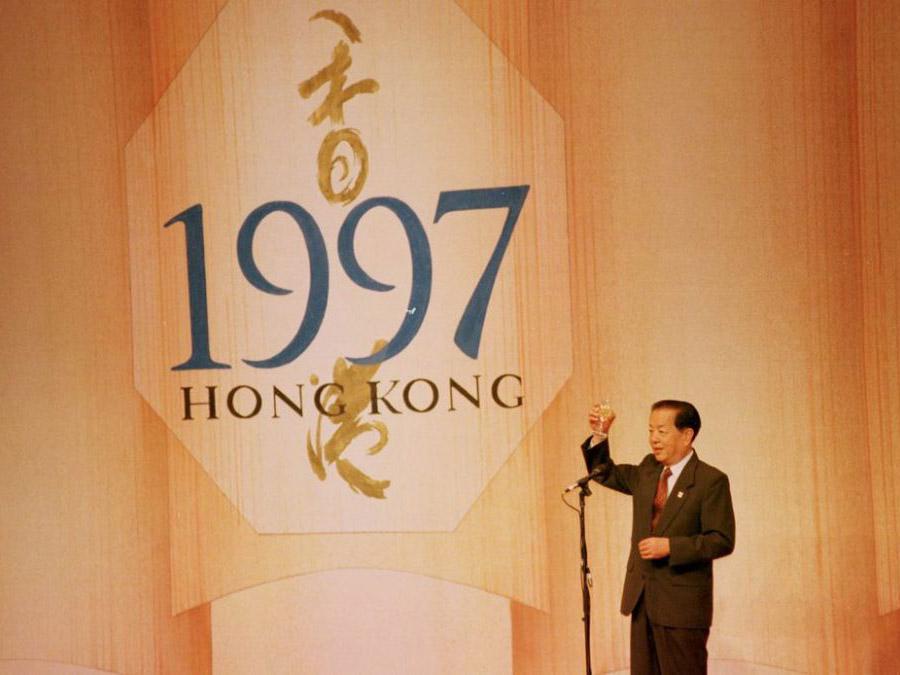
British rule in Hong Kong drew to a close on the first day of July in 1997. Known globally as “the handover” and in China as “the return”, sovereignty was transferred from the UK to China.
It was an internationally televised event, with a ceremony to mark the occasion in Hong Kong attended by Blair himself, Prince Charles and its last governor, Chris Patten. Both countries had come to the conclusion Hong Kong would be returned to China with guarantees it would keep substantial autonomy, an independent legal system and extensive personal and commercial freedoms under a deal which was branded “one country, two systems”. The handover is often considered as the watershed of the British Empire.
Northern Ireland ceasefire
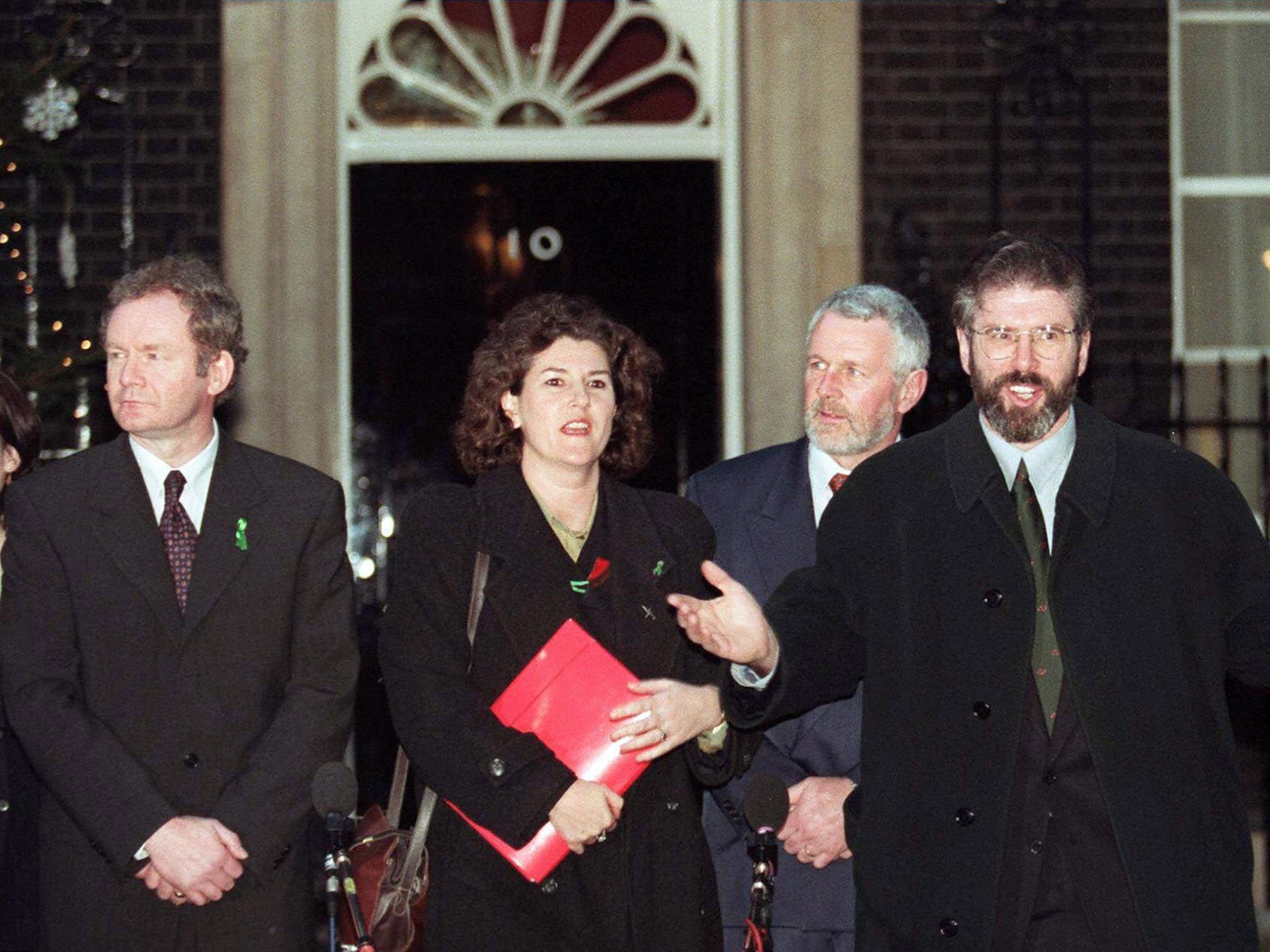
1997 was an important year in British and Irish history, with the IRA announcing its second ceasefire in three years. It was declared on 19 July and came into force from midday the next day. The ceasefire is now remembered by many as the “definitive” termination which prepared the way for critical peace talks.
Just months on from the ceasefire, Sinn Féin began official talks with Blair. This was seen as an important advance which helped lead to the 1998 Good Friday Agreement.
Harry Potter
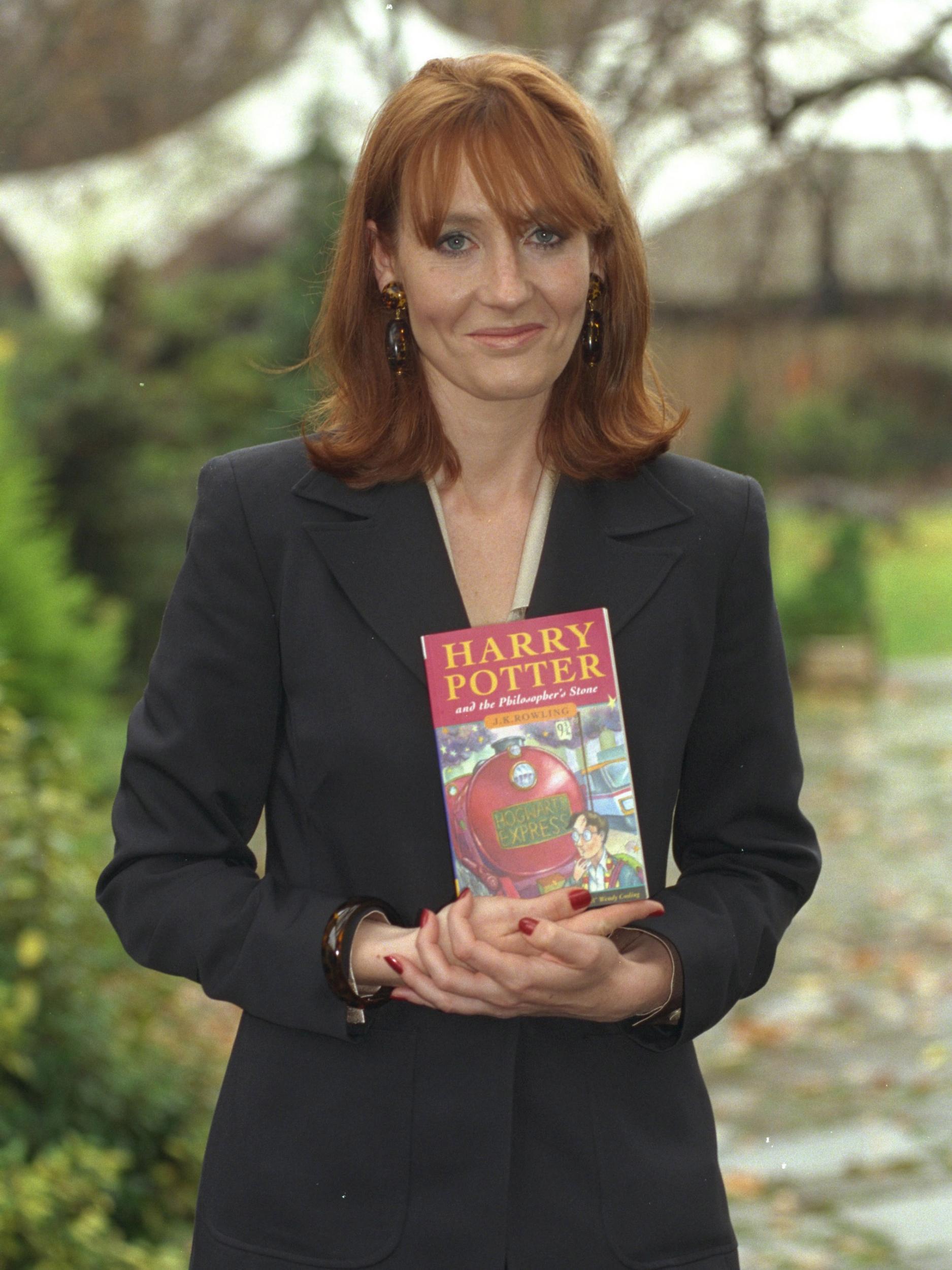
’97 year was the year JK Rowling sewed the seeds for her current fortune. It was the year Harry Potter and the Philosopher’s Stone, the first of seven books in her wildly popular series, was published and she put the wheels in motion for becoming the most highly paid author in the world.
Capturing the hearts of adults and children alike, Rowling’s books have smashed all sorts of firsts and benchmarks to smithereens and are distributed in over 200 territories, translated into 68 languages and have sold over 400 million copies worldwide.
Eurovision vision
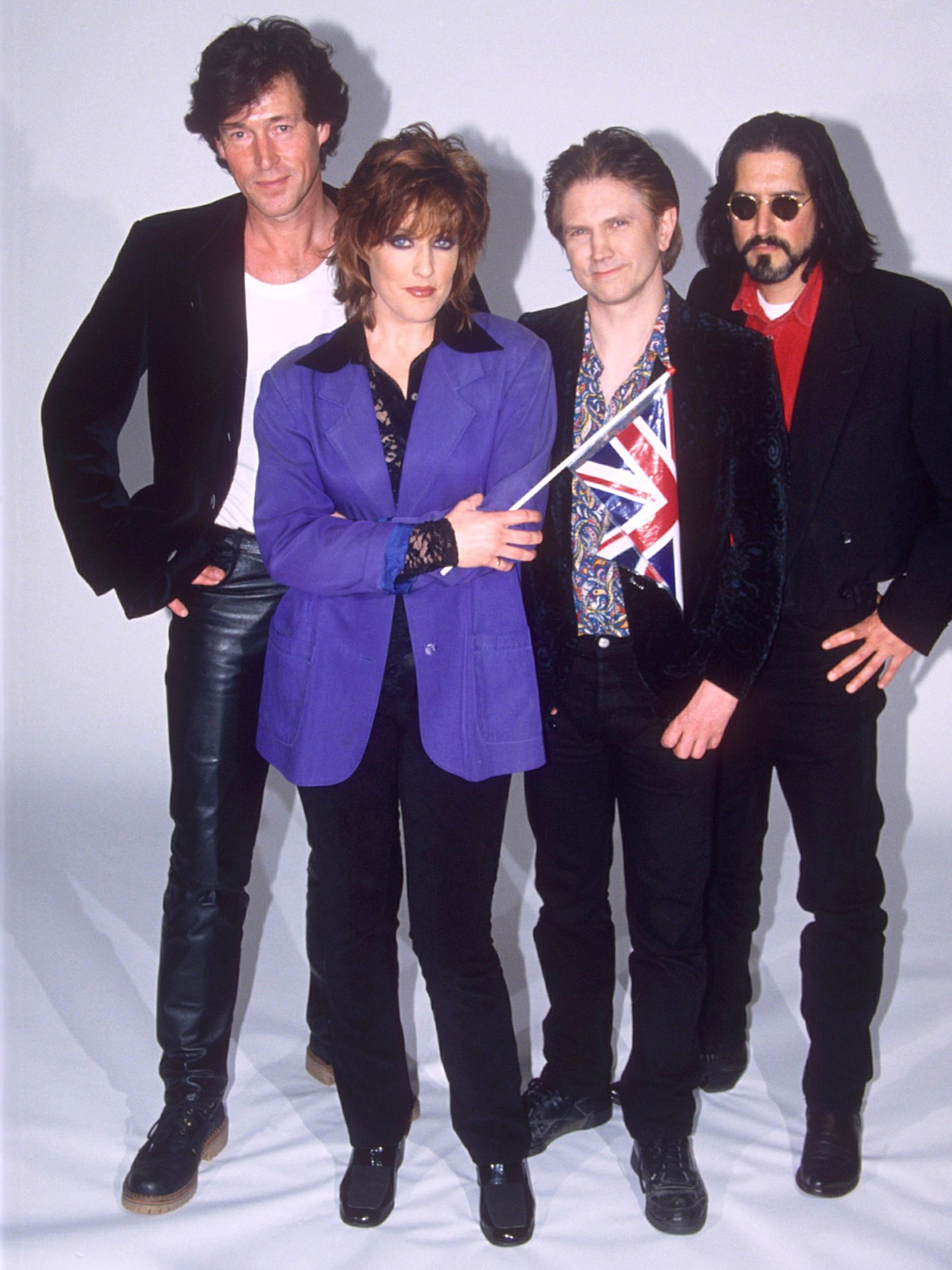
It goes without saying that Britain does not exactly have the best track record when it comes to the Eurovision Song Contest. It has been a whole 20 years since the UK once won the competition.
After 16 years of going home empty handed, Katrina and the Waves stole the show by singing “Love Shine a Light”. The entry is still seen to be one of the most successful Eurovision winners and was the closing song in the medleys that opened the 50th-anniversary show “Congratulations” in Copenhagen in 2005, and then the 2006 semi-final in Athens.
Handguns were banned
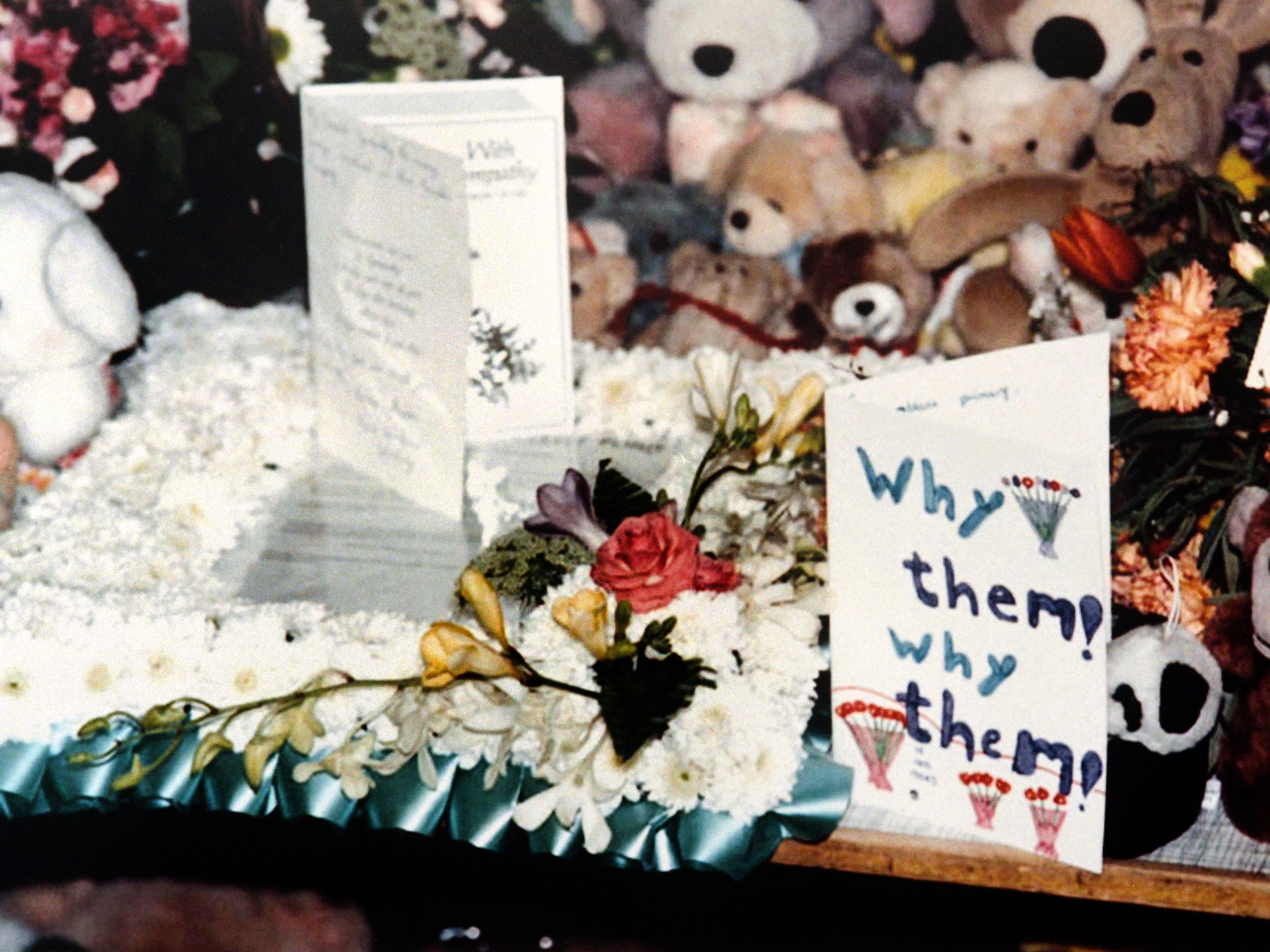
After Thomas Hamilton walked into the gym at Dunblane primary school and shot dead 16 young children and their teacher in 1996, Britain announced it would be outlawing almost all handguns.
The new law was not introduced until a year later in the form of the Firearms Act 1997. It effectively banned private possession of handguns almost completely. When it was initially announced, it made Britain a country with some of the most stringent laws on the private possession of guns.
Launch of Channel 5
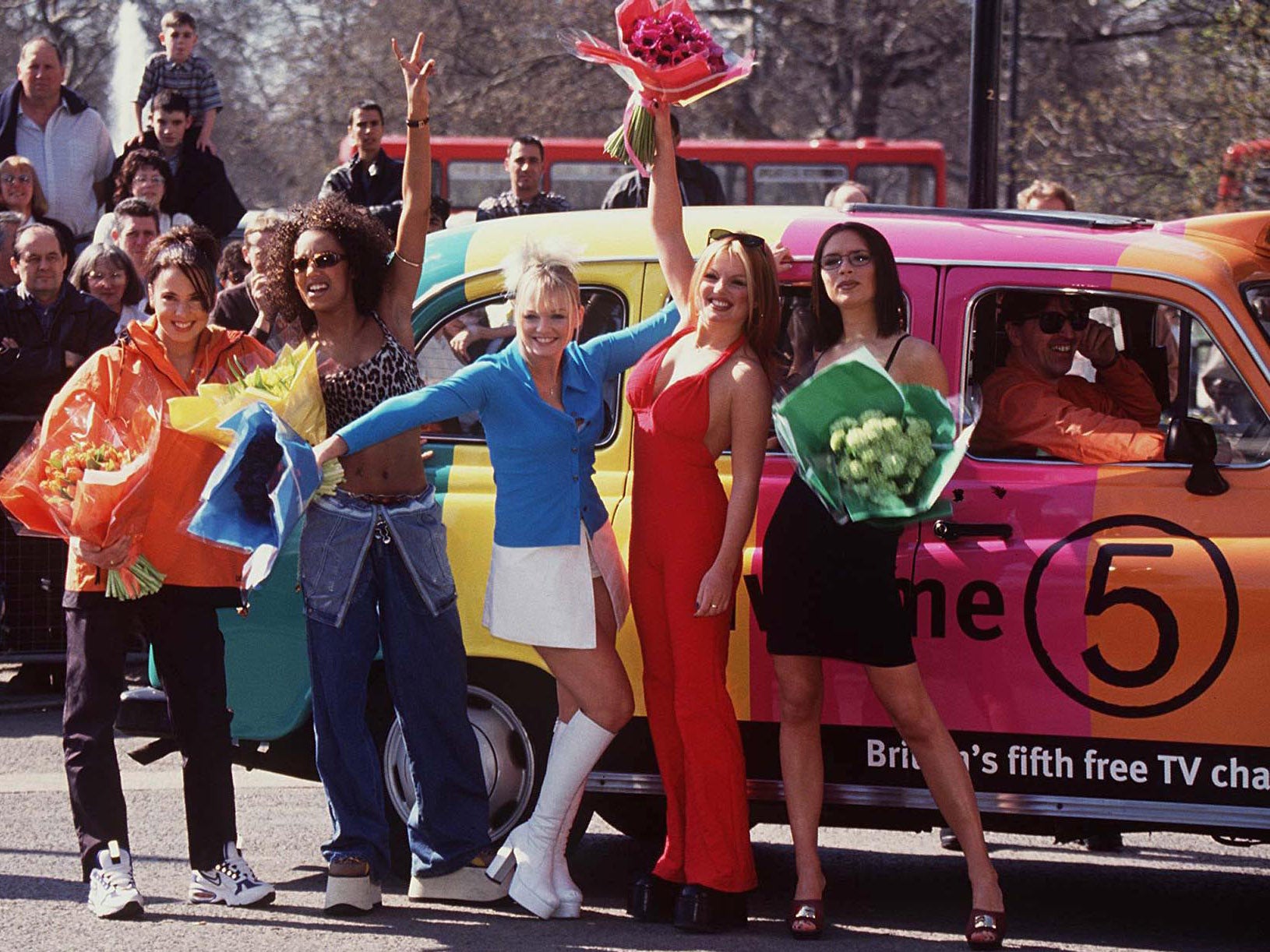
However you feel about Channel 5, there is no denying that it shook up the TV landscape. Launched on Easter Sunday, it became the fifth national terrestrial analogue network, following on from the launch of Channel 4 in November 1982.
Its launch featured the Spice Girls singing a rewritten version of Manfred Mann's hit “5-4-3-2-1” as “1-2-3-4-5” - an attempt to amass ratings. Back then its logo was the number 5 in a circle, sometimes accompanied by “candy stripes” of five colours.
The launch of Pokemon
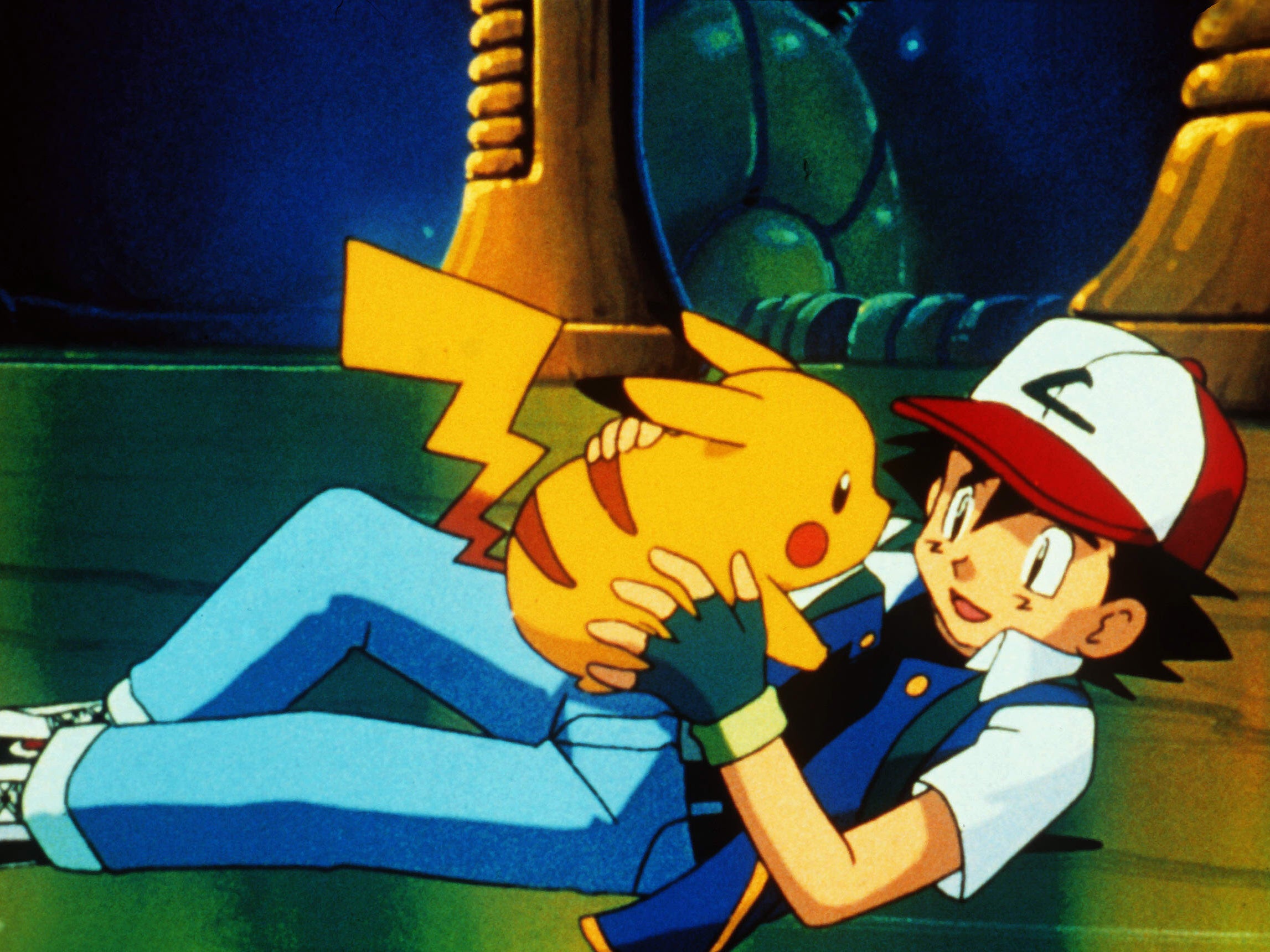
Pokemon could have easily seemed like a fad when it first started but that it was not. The media franchise has shown itself to have tremendous staying power and has managed to reinvent itself without fail.
While the first Pokemon games and the trading cards were launched in 1996, it was a year later that it truly took off. Its first anime series was premiered in Japan in April, with the cartoon TV show also airing in the US that year.
BBC News launches full-time online news service
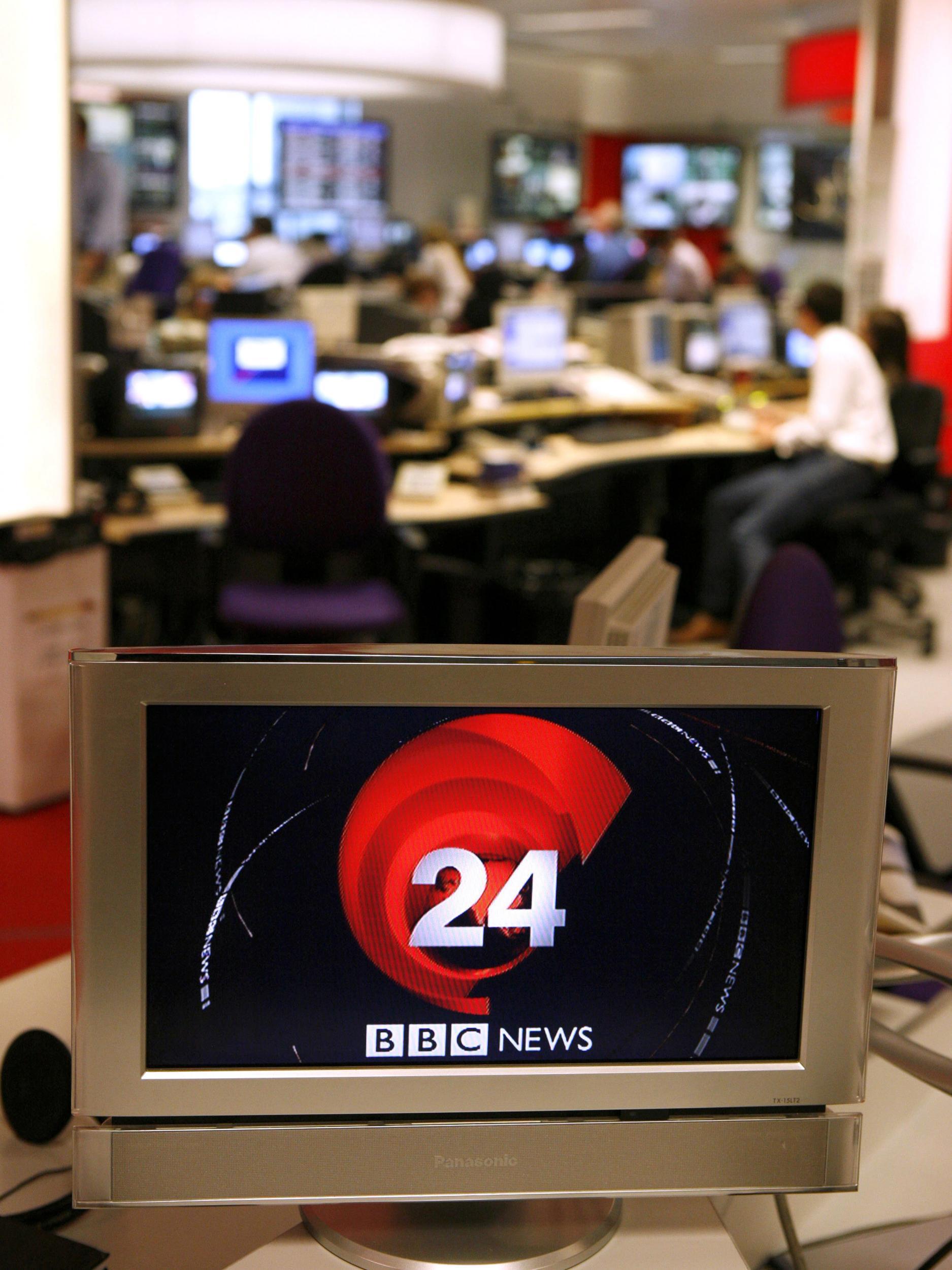
We have become so accustomed to having access to 24-hour online news and the trajectory into doing so has been so seamless that it can be easy to forget we did not always have news from around the world at our fingertips via the world wide web.
BBC News launched its website - BBC.com - in December. While the Beeb had previously created special websites for the 1995 Budget, the 1997 election and Prince Diana’s death, it had never done anything near the scope of the launch of the main site. At the time there were fewer than eight million people online in the UK.
BSE
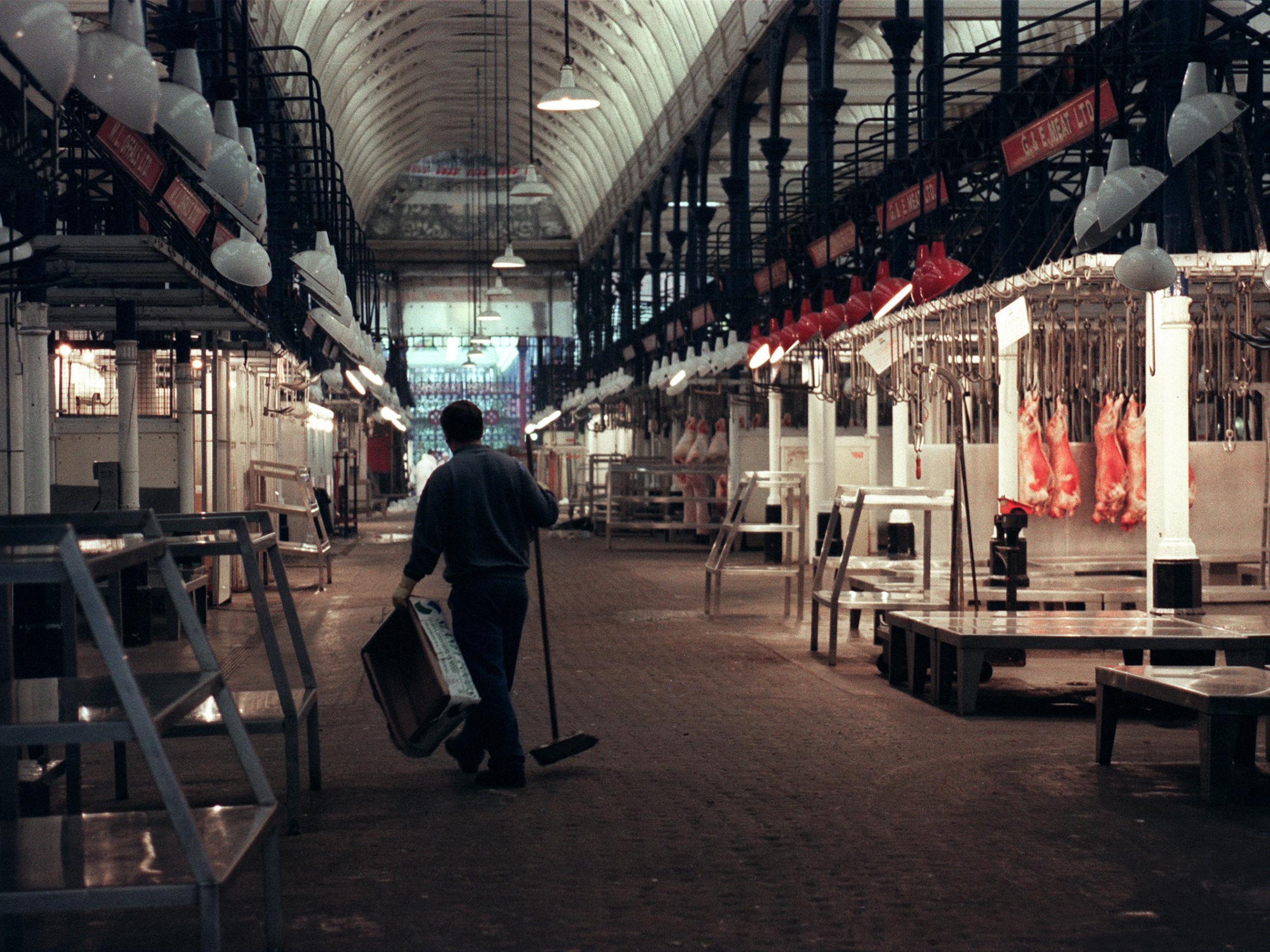
While Bovine spongiform encephalopathy (BSE), more widely referred to as mad cow disease, reached its peak in the early nineties, it was in ’97 that critical regulations were implemented.
Councils announced they were banning beef in 2,000 schools and studies on mice found evidence for a link between variant Creutzfeldt-Jakob disease and BSE. What’s more, later in the year, the government implemented the “beef-on-the-bone” ban. T-bone steaks, oxtail, rib of beef, ribs, and even gelatine and Oxo cubes were all banned.
Join our commenting forum
Join thought-provoking conversations, follow other Independent readers and see their replies
0Comments